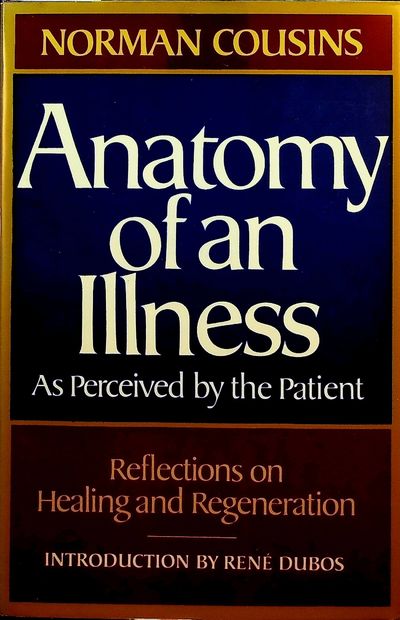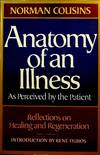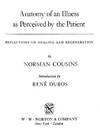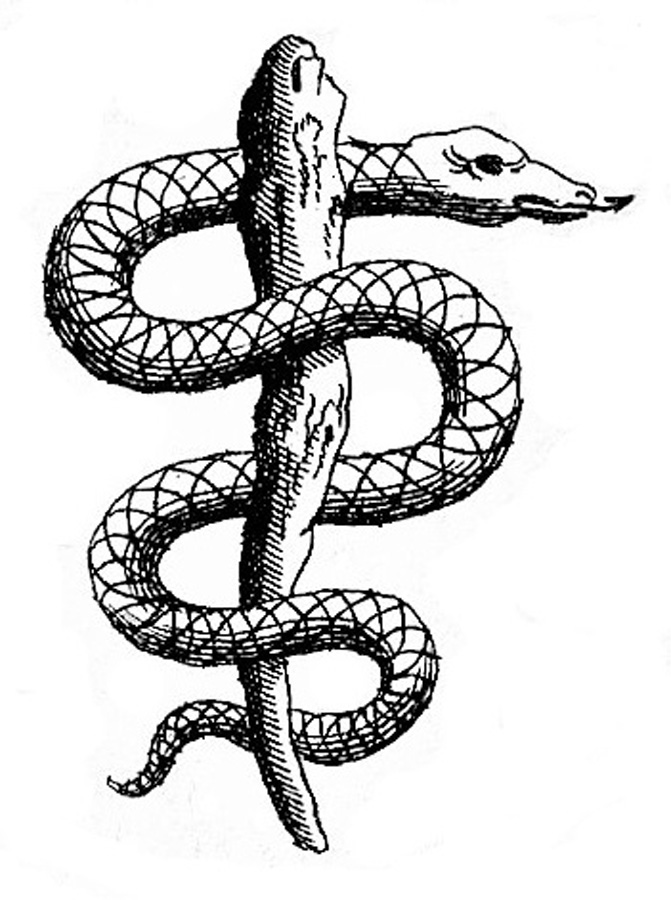signed first edition
1979 · New York and London
by Cousins, N. and Dubos, R.
New York and London: W. W. Norton & Co., 1979. First edition, 5th printing.
SIGNED--BESTSELLING PERSONAL ACCOUNT OF DISEASE BY A PATIENT--FIRST PUBLISHED AS AN ARTICLE IN THE NEW ENGLAND JOURNAL OF MEDICINE.
14x21.5 cm hardcover, beige paper covered boards, maroon cloth spine with gilt title, inscribed on free front endpaper, "for Charles Manatt, Sincerely, Norman Cousins", 173 pp, near-fine in very good price-clipped jacket in protective mylar sleeve.
NORMAN COUSINS (1915 - 1990) was an American political journalist, author, professor, and world peace advocate. In the 1950s, Cousins played a prominent role in bringing the Hiroshima Maidens, (truncated)
SIGNED--BESTSELLING PERSONAL ACCOUNT OF DISEASE BY A PATIENT--FIRST PUBLISHED AS AN ARTICLE IN THE NEW ENGLAND JOURNAL OF MEDICINE.
14x21.5 cm hardcover, beige paper covered boards, maroon cloth spine with gilt title, inscribed on free front endpaper, "for Charles Manatt, Sincerely, Norman Cousins", 173 pp, near-fine in very good price-clipped jacket in protective mylar sleeve.
NORMAN COUSINS (1915 - 1990) was an American political journalist, author, professor, and world peace advocate. In the 1950s, Cousins played a prominent role in bringing the Hiroshima Maidens, (truncated)




